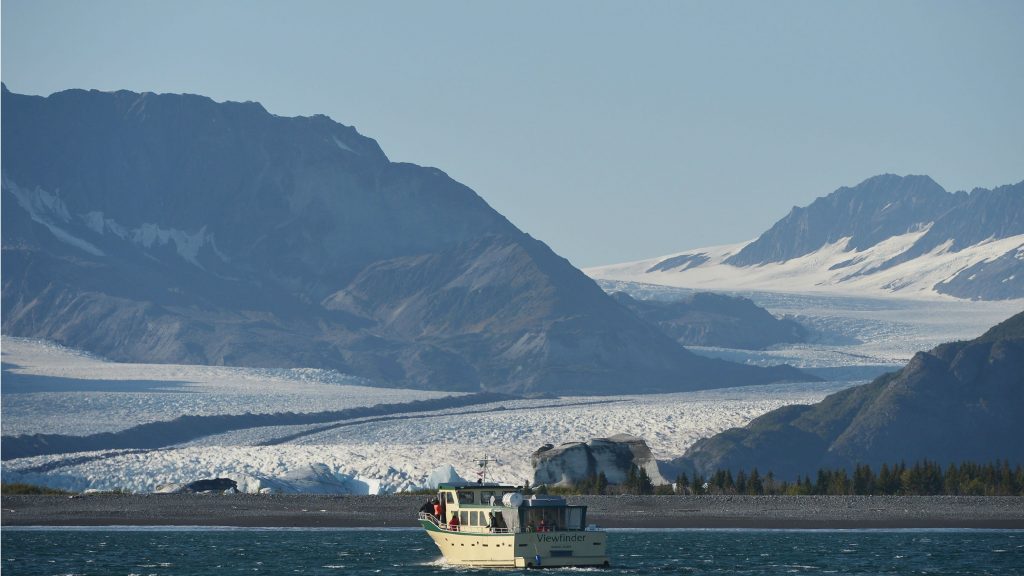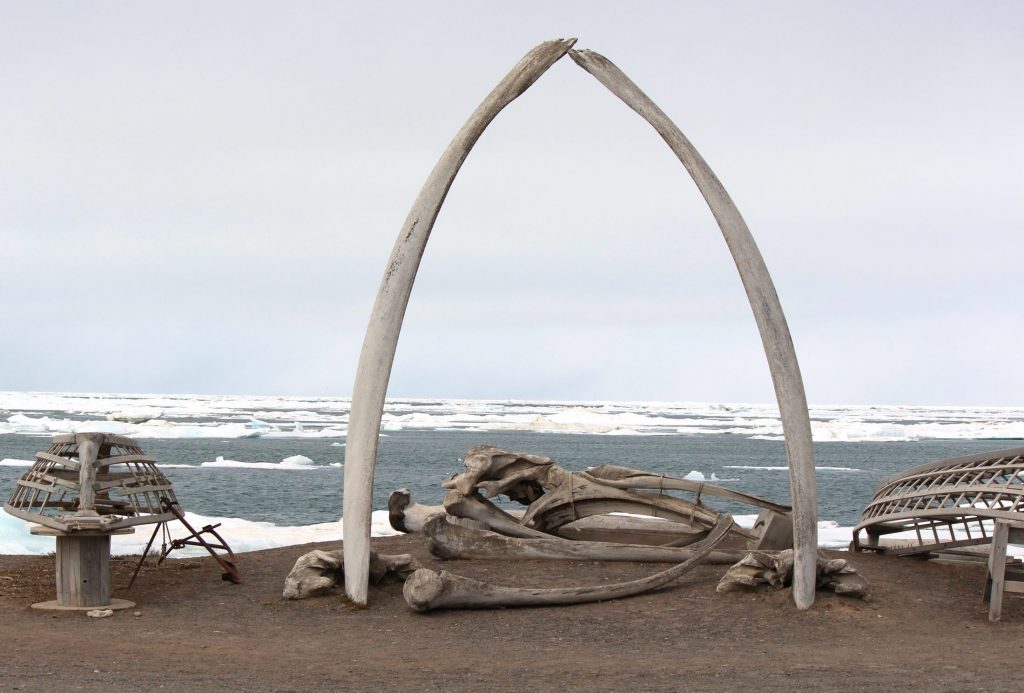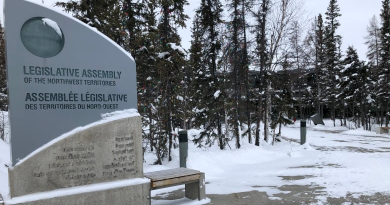Blog – How should we measure Arctic identity?

An intriguing survey on Arctic issues was published earlier this month by The Arctic Studio, a research organization based in the United States. Very few polls are conducted to measure public preferences on Arctic issues. The Walter and Duncan Gordon Foundation and the Munk School of Global Affairs at the University of Toronto sponsored such surveys as “Rethinking the Top of the World” (Volume 1 in 2011 and Volume 2 in 2015) but these will not be repeated in the future.
That’s why new polls on the region generate such interest.
Conclusions from The Arctic Studio poll were covered by a few specialized media. Arctic Today headlined their story “Americans still aren’t fully embracing the nation’s Arctic identity.” (Except, the story points out, for individuals in certain states (unsurprisingly, Alaska).
A problematic question
The Arctic Studio report is interesting to analyze.
First observation: the definition of Arctic identity raises a few eyebrows. Respondents were asked: ‘How much do you agree or disagree with the following statement? The United States is an Arctic Nation with broad and fundamental interests in the Arctic Region.’
This question has one shortcoming: it’s a double-barrelled question, dealing with very different elements at the same time. The first part is related to national identity and if people consider their country as an Arctic nation. The second part deals with interests and tests if respondents perceive their country possessing them in the region. So we’re far from an identity attachment or sense of belonging to the Arctic. Instead, it’s a cold evaluation of U.S. national interests that muddies what respondents really thought about Arctic identity.
On this last point, the affirmation also has ambiguous terms. The use of the term “fundamental” can be interpreted differently by different people. It leads us to think that fundamental interests are to be considered as crucial in broader U.S. foreign policy. The assessment is also a relative one, weighting an interest in the Arctic region with other geopolitical interests in other regions of the planet (think the Middle East for example).

The nature of official documents
The authors of the study justify their wording citing official documents published by the U.S. government, both under the Obama and Bush administrations. While the objective is laudable, the nature of these documents isn’t solely descriptive; there’s also a great deal of prescription embedded in them. These documents describe reality at the same time as they try to persuade or convince the population about specific policies.
They are as much tools of persuasion as factual descriptions.
Sampling issues

And lastly, the survey’s sampling method found respondents online by posting the survey on different internet sites. Respondents voluntarily enrolled to do the survey. This technique typically lacks rigor and reliability. Rigorous sampling methods require randomly selecting participants in order to downplay selection biases. Solid conclusions and causal relationships are impossible when using voluntary response sampling.
That’s why media coverage of this type of survey needs to contextualize the conclusions and refrain from using categorical statements when they report the findings.
But even with these shortcomings, the The Arctic Studio survey underlines one thing — we have to invest more in order to fund rigorous opinion polls about the Arctic region.
Surveys are expensive but are the only reliable instruments to measure perceptions and opinions of the public. We must know these opinions in order to evaluate if government policies are in accordance with the preferences of the population; it’s a democratic imperative.
Related stories from around the North:
Canada: China’s Arctic ambitions no threat to Canada, say experts, Radio Canada International
China: Qingdao plays pivotal role in China’s Arctic strategy, Cryopolitics Blog
Norway: When a town in Arctic Norway transforms into “the world’s northernmost Chinatown”, Cryopolitics Blog
Russia: Russia’s resources minister to open new Arctic office, The Independent Barents Observer
United States: New symposium brings U.S. military’s attention to the Arctic, Alaska Public Media


